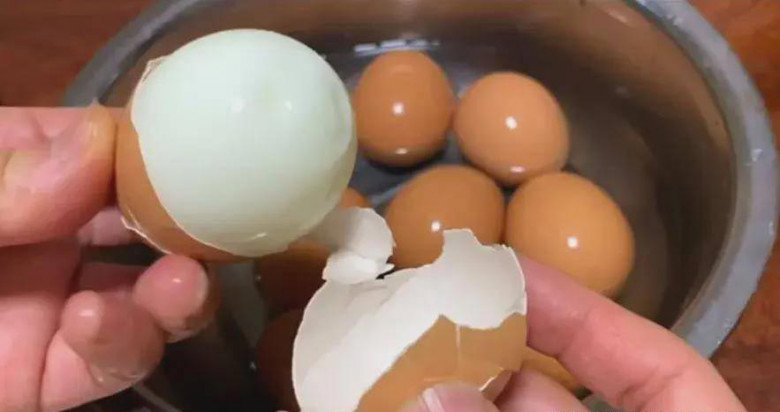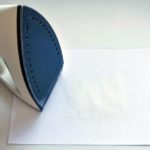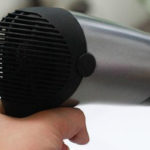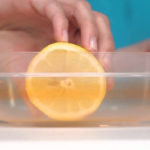Tips for Delicious and Nutritious Boiled Eggs
Boiling eggs is a basic cooking technique, but not everyone knows how to make eggs well-cooked and nutritious. Here are some helpful tips to help you boil better eggs.

Add salt to the boiling water
One of the handy tips for boiling better eggs is to add salt to the boiling water. Saltwater helps the egg white to coagulate faster and also helps “mend” small cracks in the eggshell during the boiling process.
Pay attention to the boiling time
In addition, to have well-cooked and nutritious eggs, you need to pay attention to the boiling time. If you want the eggs to be medium-cooked, you should take them out of the water after 5-7 minutes. The yolks will still be soft in the middle, and the egg whites will be fully cooked. To prevent the eggs from cracking while boiling, you can place a folded cloth at the bottom of the pot.
Use cold water to soak the eggs after boiling
After boiling, you can soak the eggs in cold water to make it easier to peel off the eggshell. However, this can also reduce the nutritional value of the eggs.

There are other ways to boil eggs that you can try:
Microwave boiled eggs: This is a quick and convenient way to boil eggs. However, you need to pay attention to the cooking time and microwave power to avoid breaking the eggs.
Vinegar-boiled eggs: You can add a little vinegar to the boiling water to help the eggs peel more easily.
Lemon-boiled eggs: Adding some slices of lemon to the boiling water can also make it easier to peel the eggs.
We hope this information will be helpful to you in boiling delicious and nutritious eggs. Try applying these tips to get well-cooked and nutritious eggs. Good luck!



































